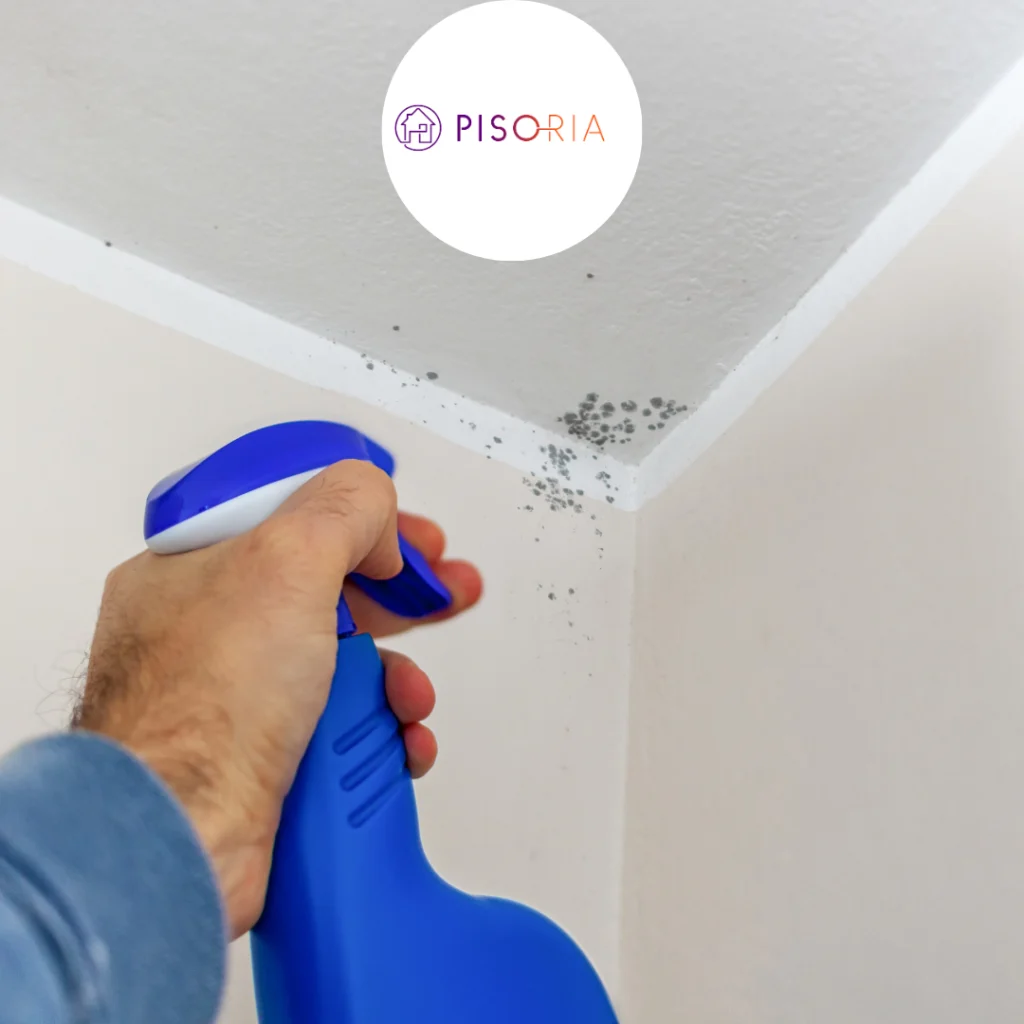Understanding Mould Responsibility in Rental Properties
Mould responsibility in rental properties is a pervasive issue that can lead to disputes between landlords and tenants. It’s crucial to understand the roles and responsibilities of both parties in dealing with mould-related problems.
Mould thrives in damp, poorly ventilated environments, posing health risks and property damage if left unaddressed. Tenants must promptly notify landlords of any signs of mould to prevent its spread and ensure a safe living environment. Landlords, in turn, are obligated to respond promptly to tenant complaints and take appropriate measures to remediate mould issues.
Tenant and mould Responsibility in Rental Properties
Tenants play a significant role in maintaining a mould-free environment in rental properties. While landlords are responsible for property maintenance and repairs, tenants must also take proactive steps to prevent mould growth.
Proper ventilation is key to preventing mould. Tenants should ensure extractor fans are used in bathrooms and kitchens, and windows are opened regularly to improve air circulation. Additionally, avoiding activities that generate excess moisture indoors, such as drying clothes indoors, can help prevent mould formation.
Tenants also have a duty to promptly report any mould issues to landlords and cooperate with any remediation efforts. By fulfilling their responsibilities, tenants can help create a healthier living environment for themselves and their neighbours.
Check also this helpful article from the UK government.
Landlord Obligations
Landlords have a legal obligation to provide safe and habitable living conditions for their tenants. This includes addressing any mould issues that arise during the tenancy.
If mould is caused by building faults, such as leaks or inadequate ventilation, landlords are responsible for rectifying the problem. They must respond promptly to tenant complaints, conduct thorough inspections, and take appropriate measures to remediate mould issues.
Failure to address mould problems not only poses health risks to tenants but can also result in legal liability for landlords. By fulfilling their duty of care, landlords can maintain positive relationships with tenants and avoid potential legal disputes.
Understanding the Causes of Mould

To effectively manage mould issues, it’s essential to understand the common causes of mould growth in rental properties.
Poor ventilation is a primary contributor to mould formation. Inadequate airflow allows moisture to accumulate, creating an ideal environment for mould to thrive. Additionally, excess moisture from activities like cooking, bathing, and drying clothes indoors can contribute to mould growth if not properly ventilated.
Building defects, such as leaks in the roof or plumbing system, can also lead to mould problems. These issues must be addressed promptly to prevent further mould growth and property damage.
Can Tenants Withhold Rent Due to Mould?
When faced with mould issues, tenants may wonder if they have the right to withhold rent as a form of leverage against landlords. However, unilaterally withholding rent can have legal consequences and should be approached with caution.
Tenants should follow proper procedures for addressing mould-related concerns, such as notifying the landlord in writing and allowing reasonable time for repairs to be completed. If the landlord fails to address mould issues within a reasonable timeframe, tenants may seek assistance from local housing authorities or pursue legal action.

Resolving Mould Issues
Resolving mould issues requires collaboration between landlords and tenants. Tenants should communicate any concerns to their landlord promptly and provide access to the property for inspections and repairs.
If the landlord fails to address mould issues within a reasonable timeframe, tenants may seek assistance from local housing authorities or pursue legal action. However, it’s essential to follow proper procedures and seek legal advice if necessary to protect your rights as a tenant.
By working together to address mould issues, landlords and tenants can ensure the property remains safe, habitable, and mould-free throughout the tenancy.
Deposit Deductions and Rent Arrears
In cases where mould-related damage occurs during the tenancy, tenants may face deductions from their security deposit to cover repair costs. Additionally, tenants who withhold rent due to mould issues may face legal action for rent arrears.
To avoid deposit deductions and rent arrears claims, tenants should fulfill their obligations under the tenancy agreement and address mould issues promptly. By maintaining open communication with the landlord and following proper procedures, tenants can protect their interests and avoid unnecessary disputes.
Conclusion
In conclusion, navigating mould responsibility in rental properties requires collaboration, communication, and adherence to legal procedures. By understanding their rights and responsibilities, both landlords and tenants can work together to address mould issues effectively and ensure a safe and healthy living environment for all parties involved.
Contact us if you have any question

